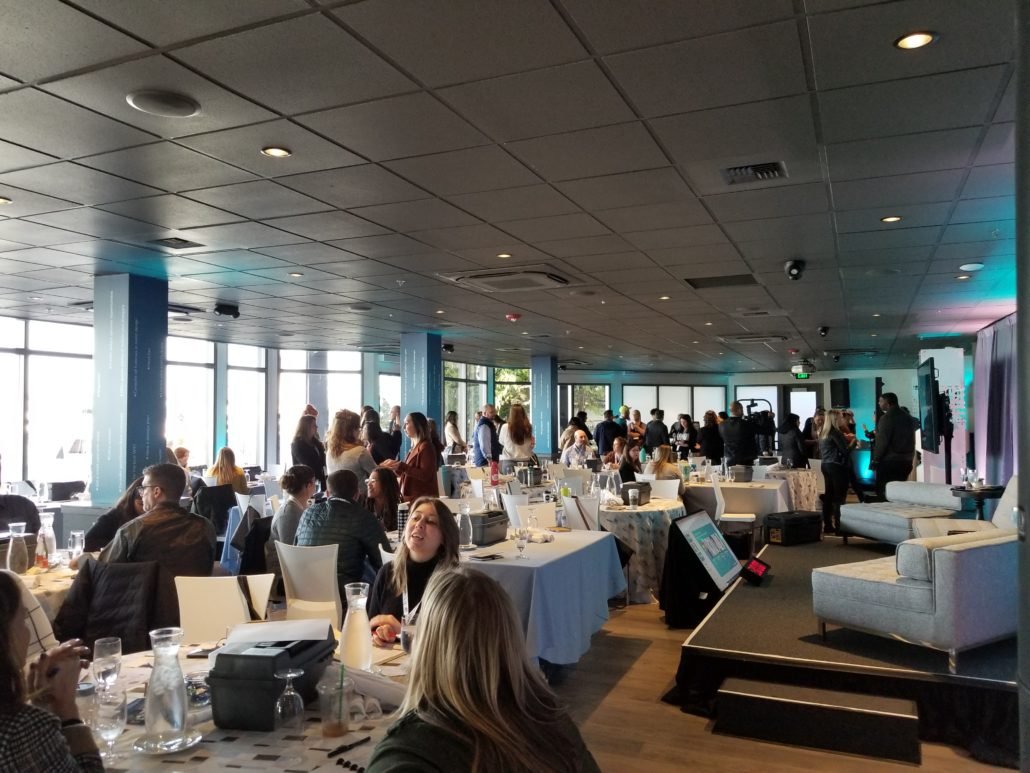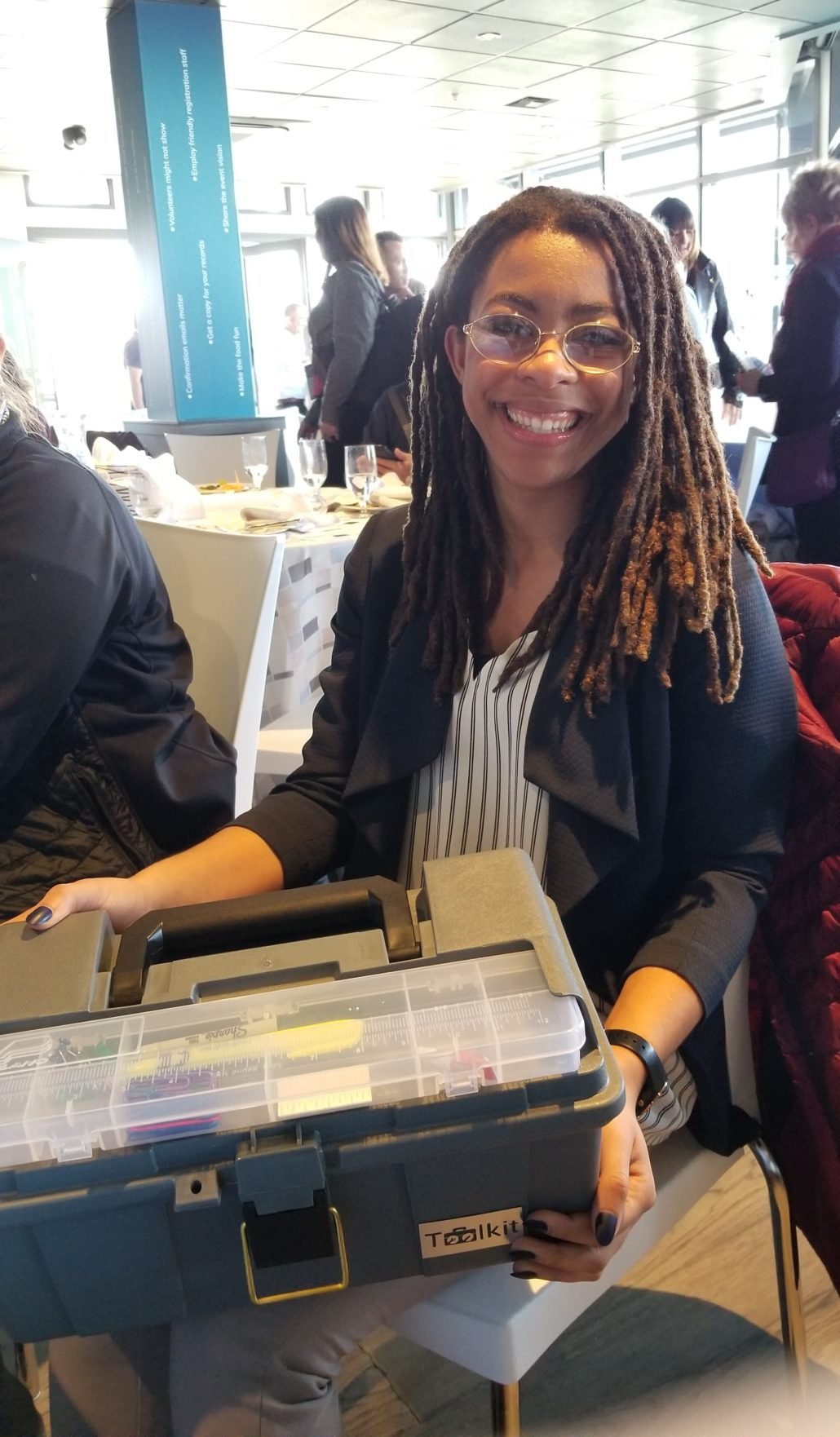I attended the first edition of Toolkit event yesterday, and would like to share 3 things that are, among others, to make it memorable for attendees. As you can imagine – all 3 are rooted in science.

Building on emotions
Lynn and the team managed to create very safe and friendly environment which one can immediately feel. In particular, there was a lot of jokes and humor throughout the presentations and discussions. And that’s more important than we may think – laughter is a powerful tool that can even burn calories, not to mention such benefits as reducing stress and boosting our immune system.

In the event context, when attendees have fun and laugh together, it helps build trust, diminishes stress caused by external stimuli (new environment/music/lights/crowds) and actually, impacts their memory function – people learn and retain information better and also, form positive memories of the event.
Integrating short breaks
At Toolkit, the pace was very dynamic. Intensive, live bite sized panel sessions were great but might have caused a cognitive fatigue – if not breaks integrated in between.

Learning and memory experiences show that short breaks improve our memory and increase performance. By waiving them into the event agenda, you only do good for your participants and help them better remember what they’ve experienced.
Utilizing peak-end rule
On the last minute of wrap-up Lynn suddenly asked the participants to look into the small notebooks each participant had on the tables. Those who found “TK” sign on the back were presented with a surprise prize – a real Toolkit box. This may seem like a no-brainer – yet, from the science perspective the impact of such simple element is really strong. Why? Because it’s 3-in-1: it encompasses emotions of surprise and joy, provides for element of gamification, and coupled with timing, makes it a great example of a peak-end rule.

People tend to evaluate an event based on impressions they get at the peak or the end of such event. For instance, those who were generally upset by a situation (e.g. waiting in a queue) but then got some positive emotion at the end (e.g. the queue moved faster than expected), considered their overall experience as favorable. So how you feel at the end really matters – in this case, even those who did not win a prize, felt joyful and excited, and these feelings are what they will remember when thinking about Toolkit.



